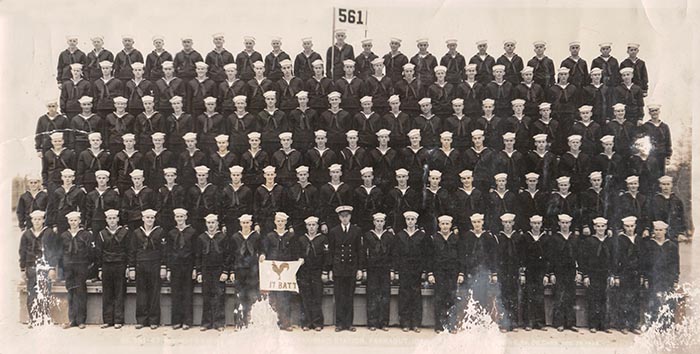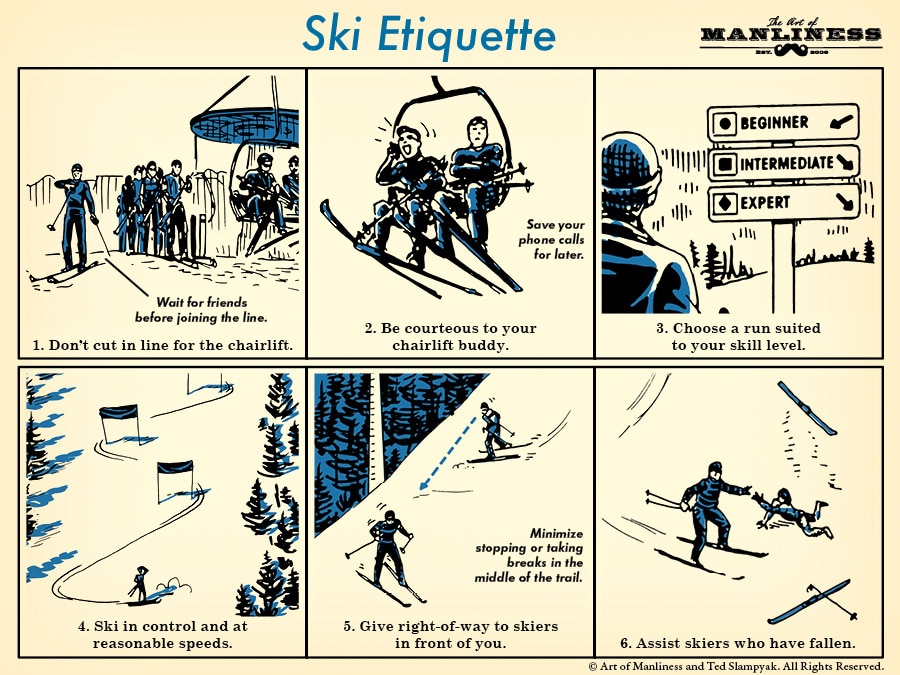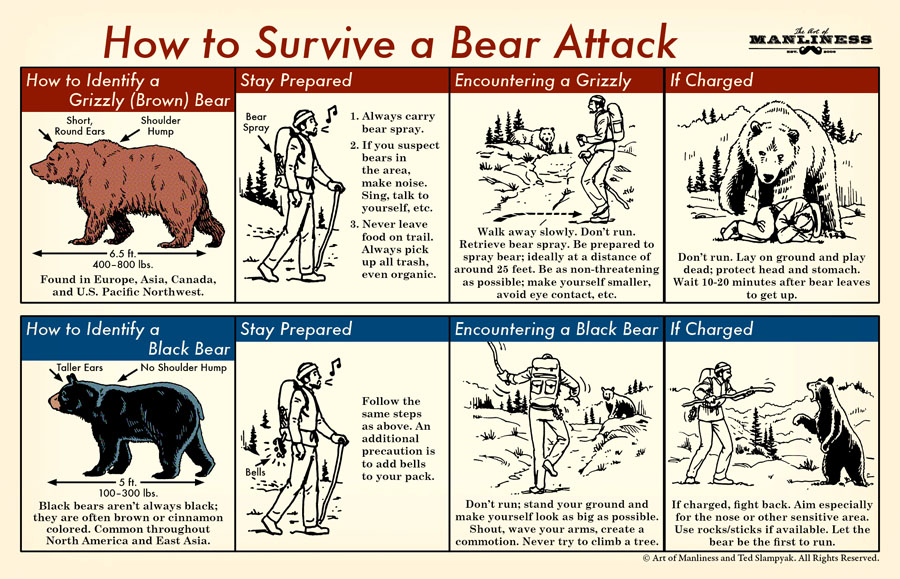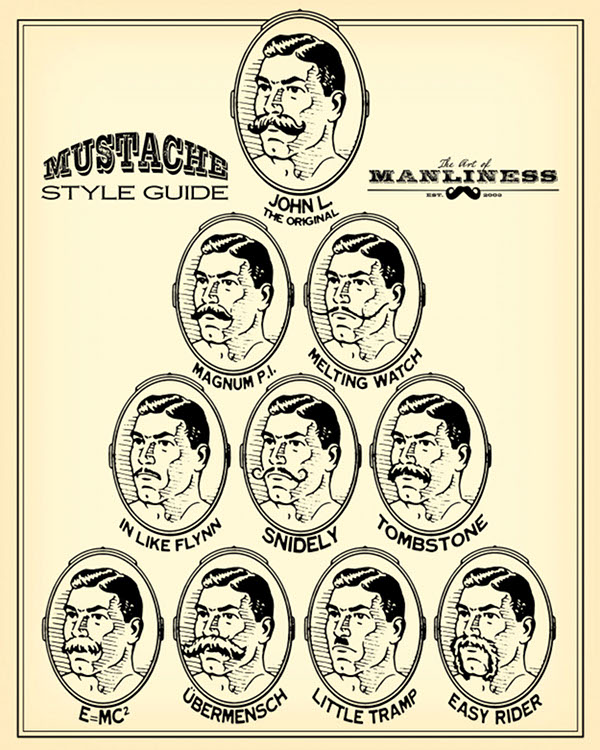Editor’s note: Over the years, we’ve published a few excerpts from vintage military manuals that delineate the most important qualities of leadership. Here’s another to add to that collection — this one is from The Bluejacket’s Manual, published in 1943. “Bluejackets” is a term for junior enlisted sailors and this manual was issued to each man who joined the Navy.
The maintenance of an excellent service record is accomplished by the exercise of those qualities which distinguish an actual, or potential, leader of men. A description of these qualities is set forth here. Developing these qualities within yourself pays big dividends both in the Navy and in civil life. In both of the great wars in which our country has engaged, the Navy has turned to itself for the seagoing leaders necessary to man a rapidly expanding Navy. Many enlisted men have been commissioned by this token and there is a commission for you also, if your record justifies such confidence being placed in you.
The following order of presentation of those qualities which are sought in a leader of men does not necessarily grade the qualities as to relative importance. They are words which are difficult to define without resort to preaching — always an unsatisfactory method for giving definitions. All are important because they depend upon each other. These qualities are:
Loyalty. Loyalty is the opposite of treachery. The bluejacket’s loyalty is extended to his country, the Navy, his ship, his officers and petty officers, his shipmates and himself. His loyalty guards his country from betrayal, the Navy from subversive propaganda, his ship from sabotage, his superior’s performance of duty from sneaky obstruction, his shipmates from slander, and himself from degradation. A man who is not true to himself cannot be loyal to anyone or anything. Loyalty is as natural to a man-o-wars’ man as the air he breathes.
Faith. Believe in yourself. Trust yourself. Count on yourself. Count on yourself to be one of the best man-o-wars’ men in the whole Navy, and then go to it and make good. Trust your fellowmen. They are good fellows and will meet you halfway as a rule. Believe in and trust the Navy. Splendid men have made it what it is. Do all you can to keep it as good as it is, and make it even better.
Obedience. To be obedient is to place your own desires and impulses in second position. The will of your superiors is paramount where there is any conflict with your own. When you act under orders the responsibility for the act is not yours — it is the responsibility of the superior who ordered it. The burden upon the obedient man is to prove that his superior’s confidence in his ability to carry out the order correctly has not been misplaced.
Courage. Courage is that quality which enables one to meet danger and difficulties with firmness and with ability unimpaired. It is the opposite of cowardice. It does not mean absence of fear. Fear is a paralysis of the senses to which all normal human beings are subject to a degree. A courageous man has mastered fear. The true value of courage is lessened when it is combined with recklessness, foolhardiness, or rashness. Courage is most admirable when it is daring, dauntless, or intrepid. Cool courage implies ability to exercise sound judgment in the face of danger.
Honor. Act so that your home folks will be proud of you, and will tell all of your friends what fine things you are doing in the Navy. Act so that others will want to be like you. Few men can survive dishonor. Remember you can never disgrace or dishonor yourself without bringing dishonor on your name, your people, and the uniform you wear.
Self-control. Self-control is the visible evidence of self-discipline. It means to restrain your impulses and not to be perturbed in undue proportion by irritating or exasperating events. Lack of self-control is advertised by indulging in sulks or fits of temper, intemperate language, or conduct which is erratic or eccentric.
Knowledge. Knowledge comes only through study and hard work. There is no royal road to learning. Men always respect you for what you know. It pays to know, and to know you know. Know your own job well and when you know it perfectly you will be on your way to knowing the job ahead of you.
Reliability. Always do what you are told to do, and do it the best you know how. Can you be depended upon, whether alone on a job or with others? Get the reputation of seeing the job through.
Spirit. To have spirit means to be able to become enthusiastic and inspired in everything you do and to show a lively interest in your work. Also it means to be alert and dexterous in the performance of your duty. Spirited means the opposite of placid. Spirit must not be confused with an uncontrolled temper.
Justice. Be square. Play the game hard, but play it squarely. Give a square deal to others and expect one in return. Act so that others can respect you as a man.
Truthfulness. The final test of a man is: In a pinch, will he lie? Lying is a dismissal offense at the United States Naval Academy, and is a punishable offense in the Navy. Many a man who told the whole truth has been let off or given light punishment, where the liar was punished for the offense and for lying as well.
Conduct. Good behavior and a clear record are essential for promotion to positions of leadership. A leader’s conduct must always be exemplary and the standards maintained by leaders are very high.
Initiative. This is a word which is bandied about quite freely. Sound judgment in taking the initiative (or in leading toward a goal) is an essential quality in a leader. If a leader is in a position to exercise the initiative he can put forces in motion which compel his co-leaders to follow along, or an enemy to fight back under a disadvantage. Exercise of sound judgment or the faculty which is loosely termed common sense, or demonstration of exceptional foresight, are apt to be commended in the Navy as “initiative.”
Energetic. A man who does not spare his efforts, or value them higher than the proper performance of his duty, is energetic. It is the opposite of slothful. The energetic man tries to improve himself and does not accept slipshod or sloppy performances either from himself or from others. He does things the “smart” way and is not too concerned about whether it is the “hard” way or the “easy” way.
Cheerfulness. Good will, easy manners, and friendly speech are contagious. A pleasant countenance can be a “poker face” every bit as effective as a blank expression. A “sourpuss” does not attract many friends. If you feel fine let it show and if you don’t, make believe you do anyway.
Honesty. Your belongings are yours and yours to use or dispose of. The other fellow’s belongings are his in the same degree. The law designates the act of taking another person’s property as theft and a thief is severely punished in the Navy. Stealing and cheating are dishonest. Stealing is an admission by a man that he is inadequate to obtain the things he craves by fair and open means.







